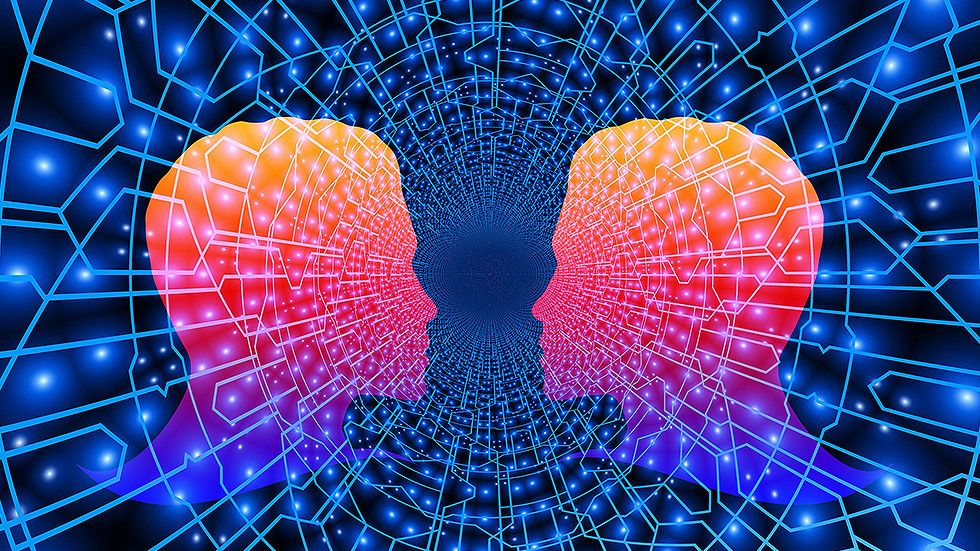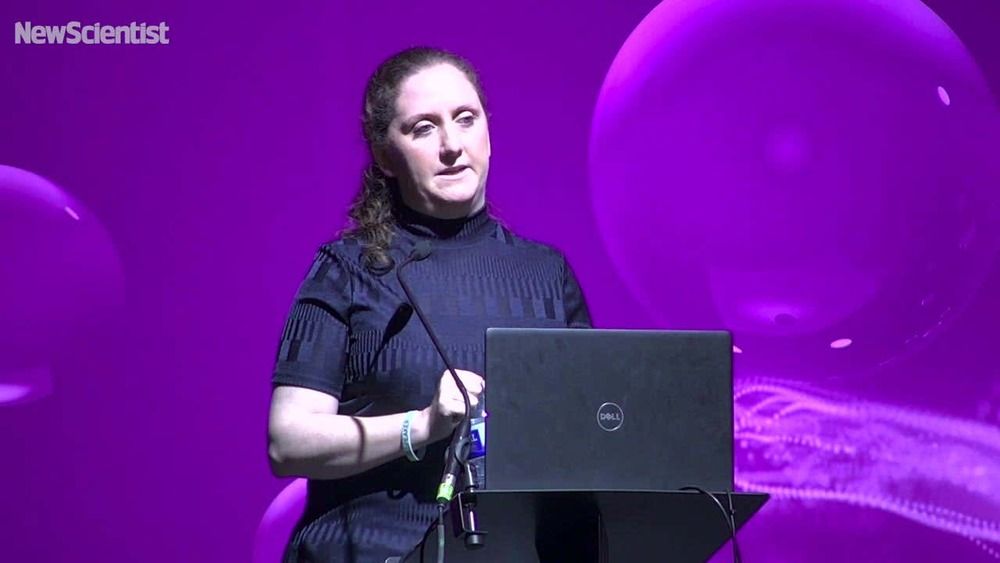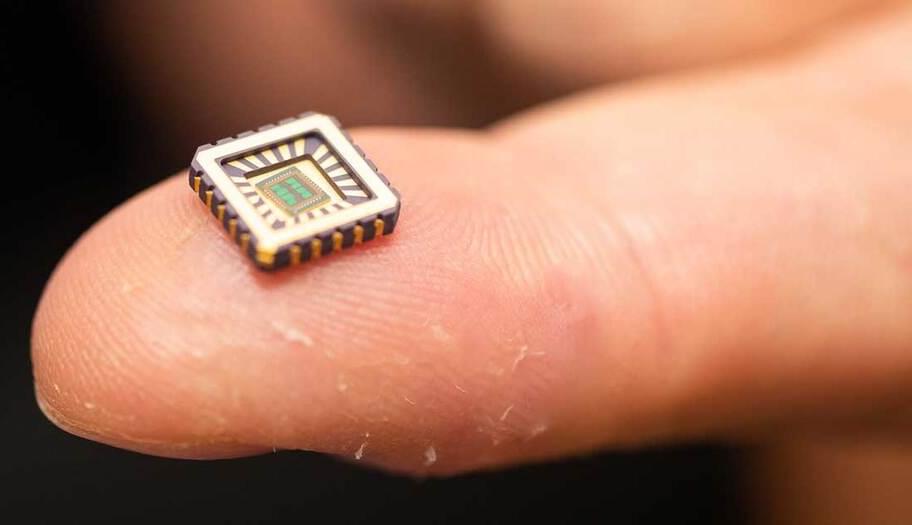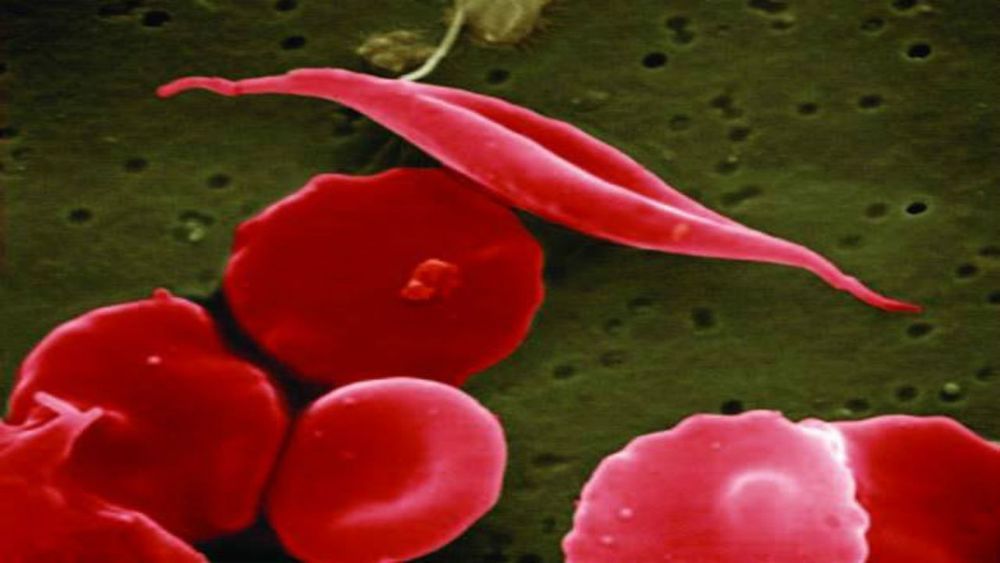
Some people hope to cheat death by storing their consciousness digitally. Science isn’t quite there yet, but we’ve done enough brain and memory research to have immediate implications – and to start asking uncomfortable questions.
The idea of attaining de facto immortality by translating your brain into code and storing your personality as a digital copy online has been captivating people’s imagination for quite some time. It is particularly popular among transhumanists, people who advocate enhancing human intellect and physiology through the most sophisticated technology available.
As the most technologically advanced nations around the world pour resources into brain studies and yesterday’s science fiction becomes reality, it might seem that humanity is nearing a breakthrough in this field. Could the ability to become a “ghost in the shell” – like in the iconic cyberpunk Japanese manga, or the 2017 film – be just around the corner?


















